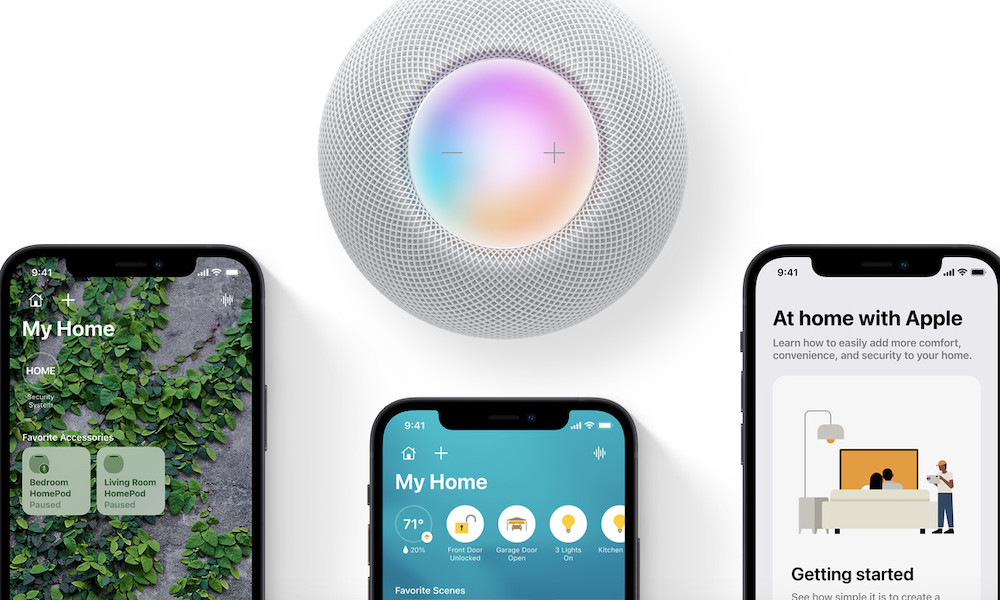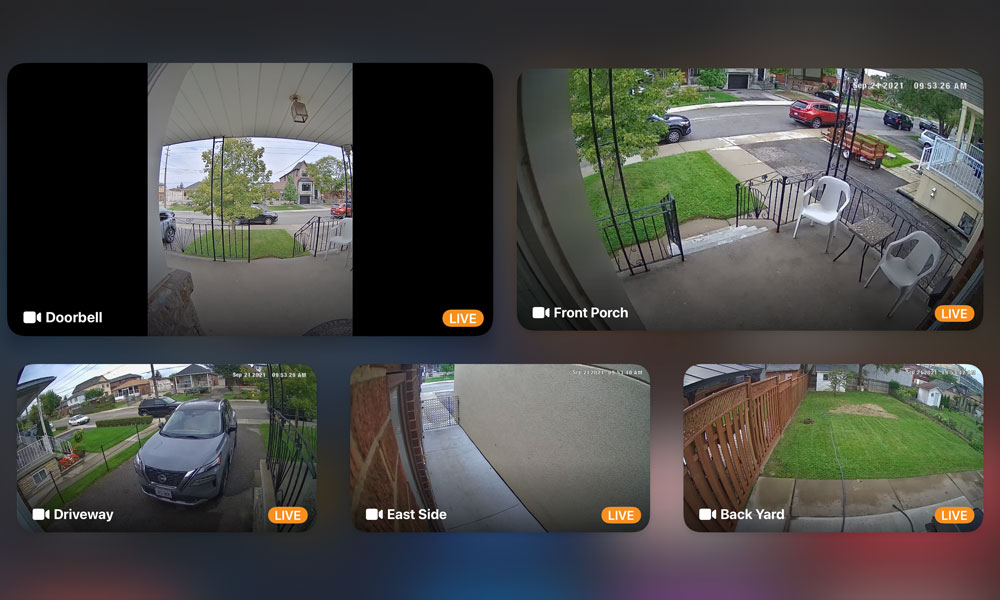Apple’s Home Service Chief Leaves After Three Years in the Position
 Credit: Apple
Credit: Apple
Toggle Dark Mode
Apple is losing one of the top people in its Home Services division. After barely three years in the role, Sam Jadallah, Head of Home Services, is leaving for greener pastures.
Jadallah took to LinkedIn to announce his departure. However, he doesn’t elaborate on why he left or where he’s going, merely stating that he was grateful for the friends he made and “the opportunity to shape and create new capabilities for people and homes around the world.” Notably, Jadallah also saw himself as “an entrepreneur within Apple” rather than a designer or product director.
Jadallah’s hiring was pretty big news in early 2019, a time when Apple’s smart home initiatives were still somewhat unfocused. Up to that point, the company had been slowly expanding its HomeKit ecosystem, and of course, the HomePod had been released the year before. There really wasn’t much else going on — iOS 12 added minimal enhancements to home services, and new hardware was nowhere in sight.
So, when Jadallah joined Apple, many hoped his presence would provide a shot in the arm to the company’s efforts to build out a more robust home ecosystem. Jadallah originally hailed from Microsoft, where he served as a Corporate Vice President for over a decade, after which he left to lead several venture capital firms.
His most relevant project, however, was leading the smart lock startup Otto, which is where most assumed his skills would come in as head of home services at Apple. While Otto’s smart lock ended up failing due to its high price tag — it was aimed at the luxury market — it was commonly referred to as “the Apple of smart locks.”
Jadallah’s Work at Apple
While many assumed Jadallah’s hiring meant Apple was working on a smart lock, in retrospect, it’s easy to see how his work was more foundational. After all, when it comes to the smart home space, Apple has shown little interest in developing hardware — it would rather build the underlying technologies that other manufacturers can work with.
This continues to be the philosophy of HomeKit since its inception, as Apple has introduced new features like HomeKit Secure Video, HomeKit-enabled Routers, Digital Keys, and even Siri support on third-party accessories like Smart Thermostats.
All of these new initiatives happened on Jadallah’s watch. In fact, it’s fair to say that we’ve seen more new capabilities come to HomeKit since Jadallah joined Apple than in all the years prior.
For instance, when Apple debuted HomeKit with iOS 8 in 2014, it was simply an underlying framework with no visible front-end app. Home automation requests and to be made either via Siri or by using third-party HomeKit apps. It took two more years before Apple released its Home app in iOS 10, and even then, it really didn’t come into its own until a year later, with iOS 11 adding timers and support for a much wider range of accessories.
By comparison, iOS 13 introduced HomeKit Secure Video and opened the door for HomeKit-enabled secure routers that would automatically firewall your smart home devices against hackers and malware. Then iOS 14 introduced even more, including Adaptive Lightning along with doorbell notifications and activity zones and facial recognition on HomeKit video cameras.
Then there’s the Digital Key feature in iOS 15, which seems directly in line with Jadallah’s work at Otto. Except, of course, rather than building a single digital lock, Jadallah’s team built digital keys that can potentially work with any smart lock.
While there’s no indication that Jadallah’s departure from Apple is anything less than amicable, it’s hard to say right now what impact it’s going to have on Apple’s Home Services plans. As a self-identified entrepreneur, we suspect Jadallah simply felt that he had reached the limits of what he could contribute to Apple’s smart home initiatives. It was simply time for him to move on to new challenges and step aside so somebody else could come in with a fresh perspective.
It also likely doesn’t help that Apple’s overall smart home strategy remains somewhat vague and unfocused. Jadallah seems to have brought a strong focus into a few key areas, although almost all of these center around the security aspects of HomeKit, such as cameras, doorbells, and smart locks. However, Apple clearly has broader plans for its home services, ruminating that it’s working on a new homeOS that will likely power future home hub hardware products.







